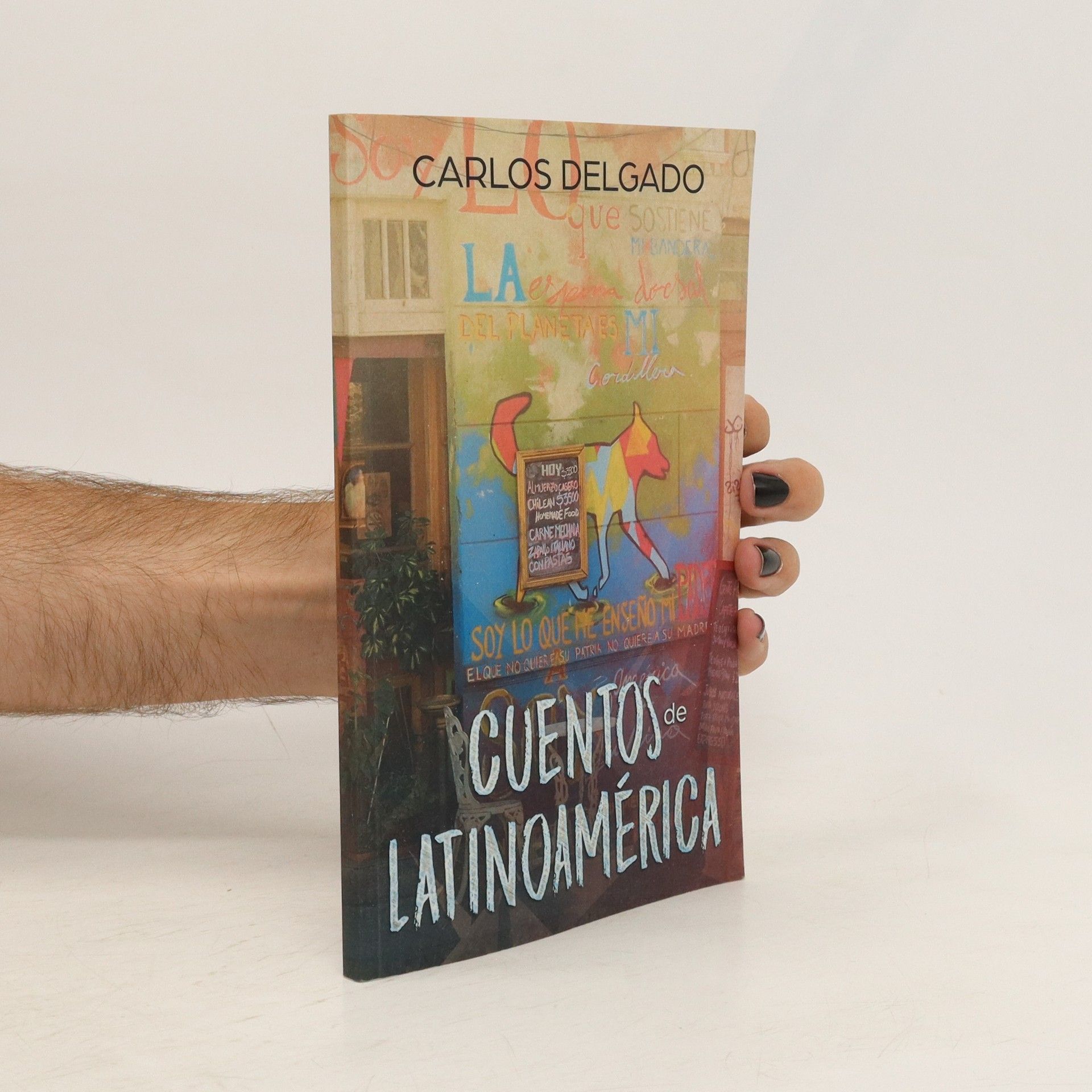In diesem Buch finden Sie sehr lesenwerte Kurzgeschichten aus verschiedenen Ländern und Städten in Lateinamerika. Die Geschichten sind in einfachem Spanisch geschrieben und auch leicht für den Spanisch-Anfänger verständlich. Carlos Delgado wurde 1970 in Santiago de Chile geboren, wo er auch heute noch im Stadtteil Independencia mit seiner Frau und seinen beiden Kindern lebt. Er gibt in Santiago an einer Sprachschule Touristen Spanischunterricht. "¡Hola! ¿Cómo estás?" No importa si usted está en el norte de México o en la Patagonia chilena. Si usted saluda de esa forma, ellos le entenderán. En los cuentos que acaba de leer, puede darse cuenta de que los latinoamericanos decimos las mismas cosas de formas muy diferentes; pero puede estar seguro de que, si llega hablando español a cualquier país hispano, podrá hacerse entender, y ellos sabrán como hablarle para que usted entienda. El español Latinoamericano es el resultado de muchos factores, entre ellos el origen de los conquistadores y colonos españoles (si eran de Andalucía, de las Islas Canarias o de Extremadura), la mezcla con las expresiones indígenas, las invasiones portuguesas, francesas, holandesas e inglesas, y los siglos de aislamiento de algunas comunidades.
Carlos Delgado Kloos Livres
